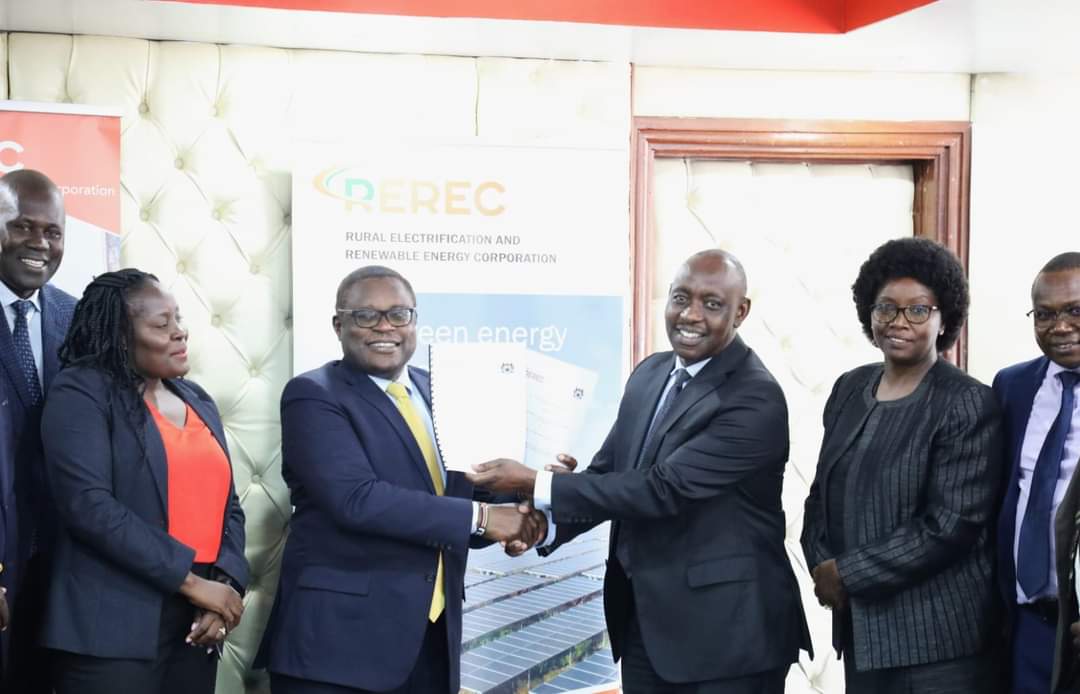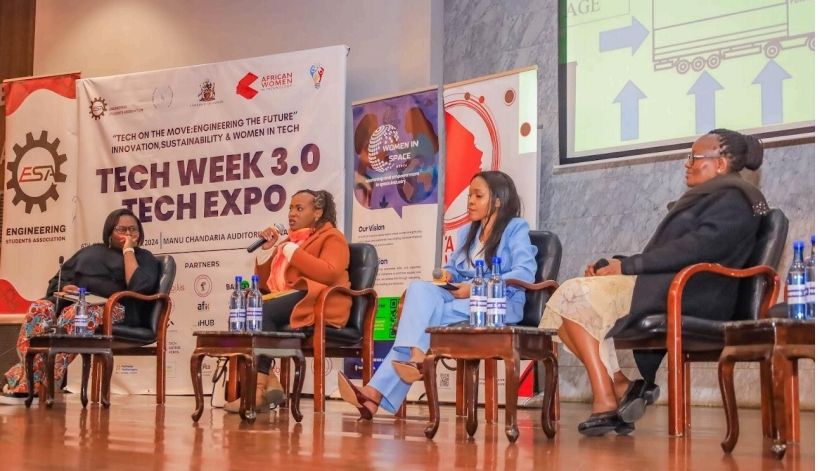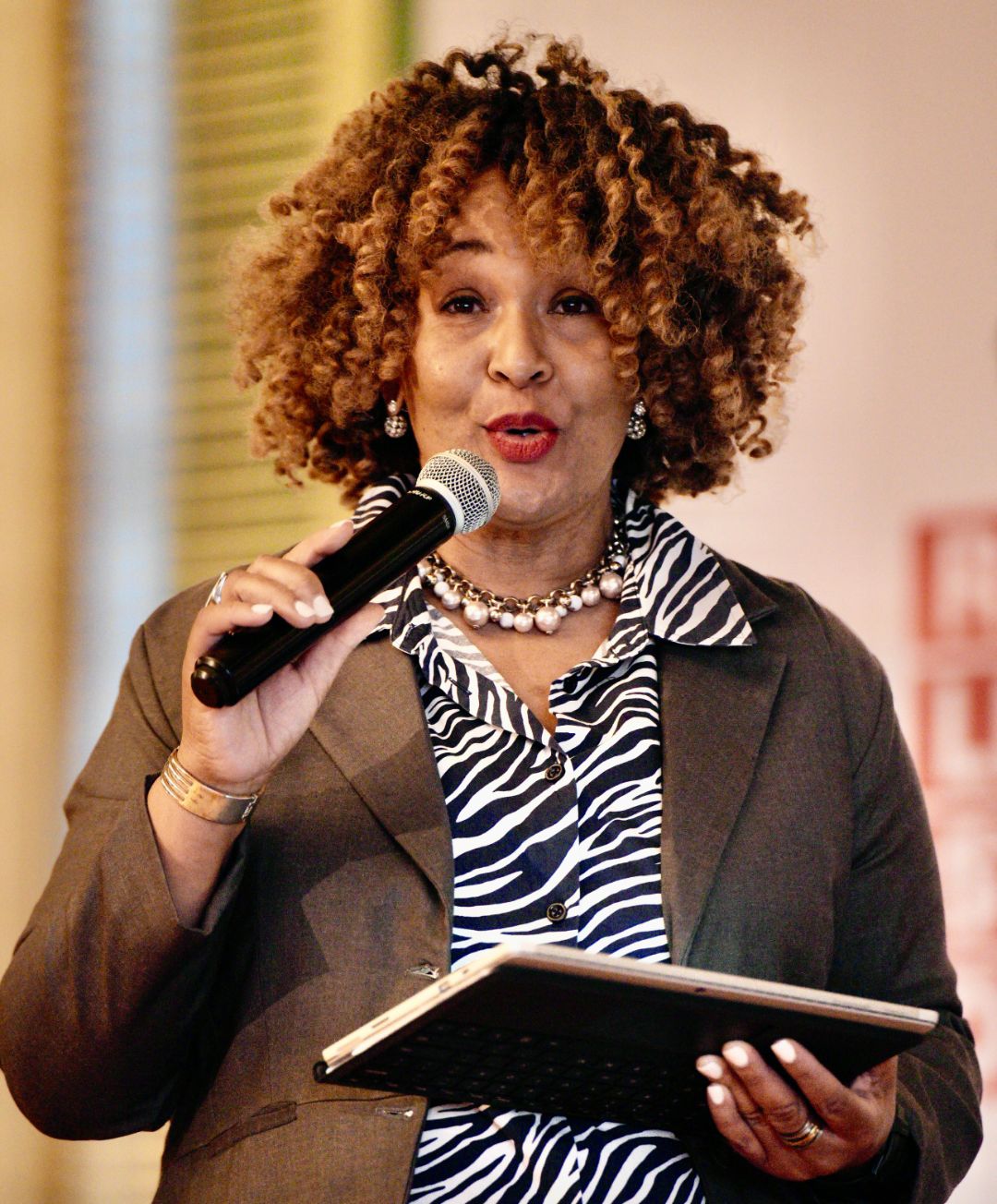REREC Enters Sh 90 Million Deal With Bungoma County In a Lighting Contract
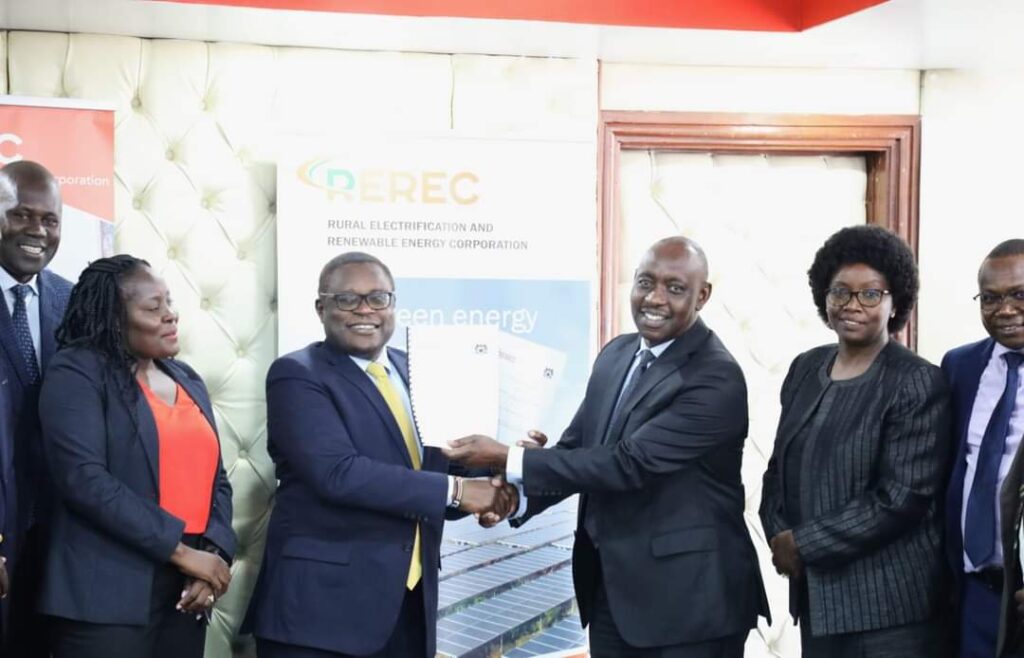
Bungoma County has signed a million 90 Shillings partnership deal with the Rural Electrification and Renewable Energy Corporation (REREC) in tandem with the lighting projects within the region.
The county government and REREC are both set to fund the project with an equal amount of 45 million shillings each.
The money will go towards lighting every market in the county, as well as supporting other forms of renewable energy.
REREC will, however, source additional funds for the Rural Electrification Programme and Renewable Energy to further develop and update the rural electrification master plans in consultation with county governments.
Speaking during the ceremony, REREC CEO Peter Munga said they will develop and update the renewable energy master plan while taking into account the counties’ specific needs and the principle of equity in the development of renewable energy resources and supporting the establishment of energy centers in the counties.
“The cooperation will also undertake on-farm and on-station demonstration of wood-fuel species, seedling production, and management, further undertaking feasibility studies, and maintaining data with a view to availing the same to developers of renewable energy resources,” affirmed Munga.
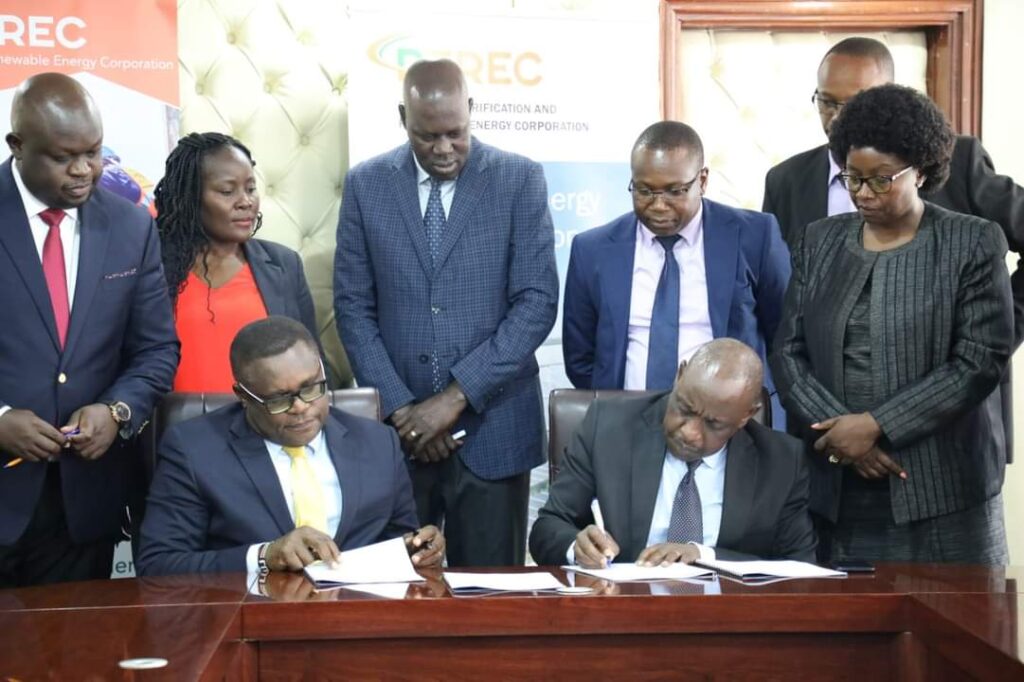
Bungoma governor Kenneth Lusaka noted that the deal will see the agency promote and manage collaboration with other agencies and the use of renewable energy and technologies, including but not limited to biomass (biodiesel, bio-ethanol, charcoal, fuelwood, and bio-gas), municipal waste, solar, wind, tidal waves, small hydropower, and co-generation, but excluding geothermal.
“This will provide an enabling framework for efficient and sustainable production, conversion, distribution, marketing, and utilization of biomass, solar, wind, small hydro, and municipal waste,” divulged the county boss.
The deal, in conjunction with the agency responsible for forests, will aid the use of fast-maturing trees for energy production and biofuels, as well as the establishment of commercial woodlots, including peri-urban plantations.
“This will also promote the development of appropriate local capacity for the manufacture, installation, maintenance, and operation of renewable technologies such as bio-digesters, solar systems, turbines, and other renewable energy technologies,” Lusaka reiterated.
Also in attendance were Trade and Industrialization CEC Caro Khalayi and her Roads and Infrastructure counterpart, Boniventure Chengek.
